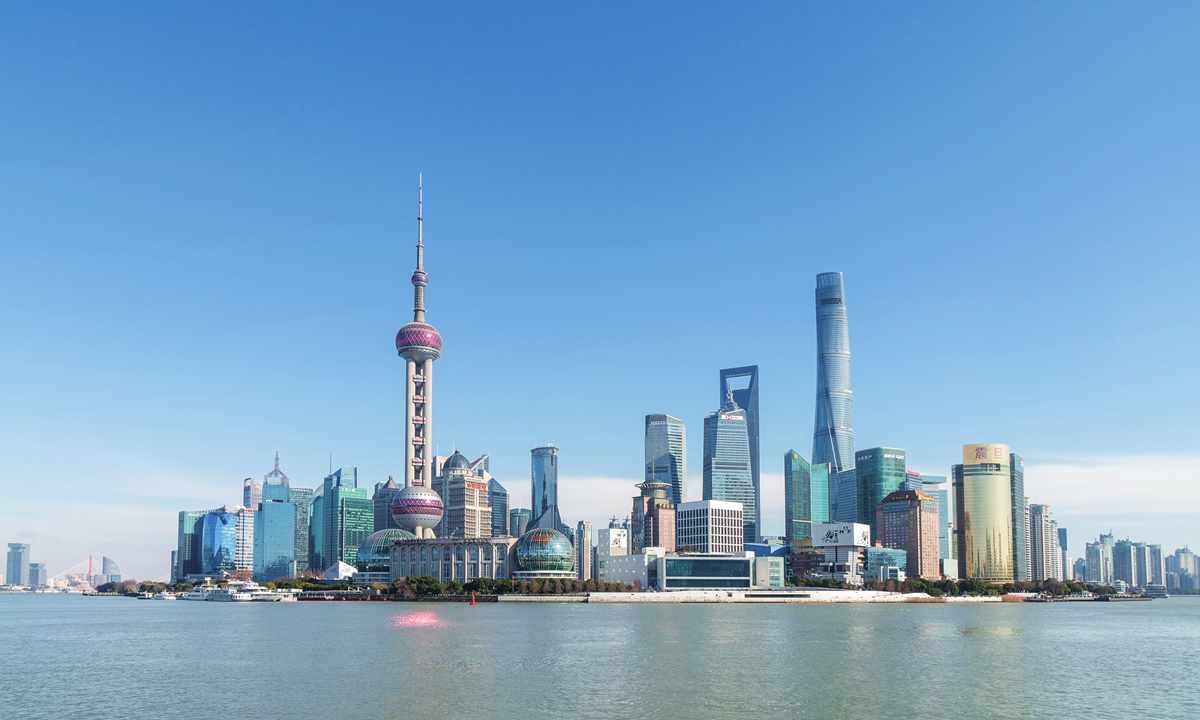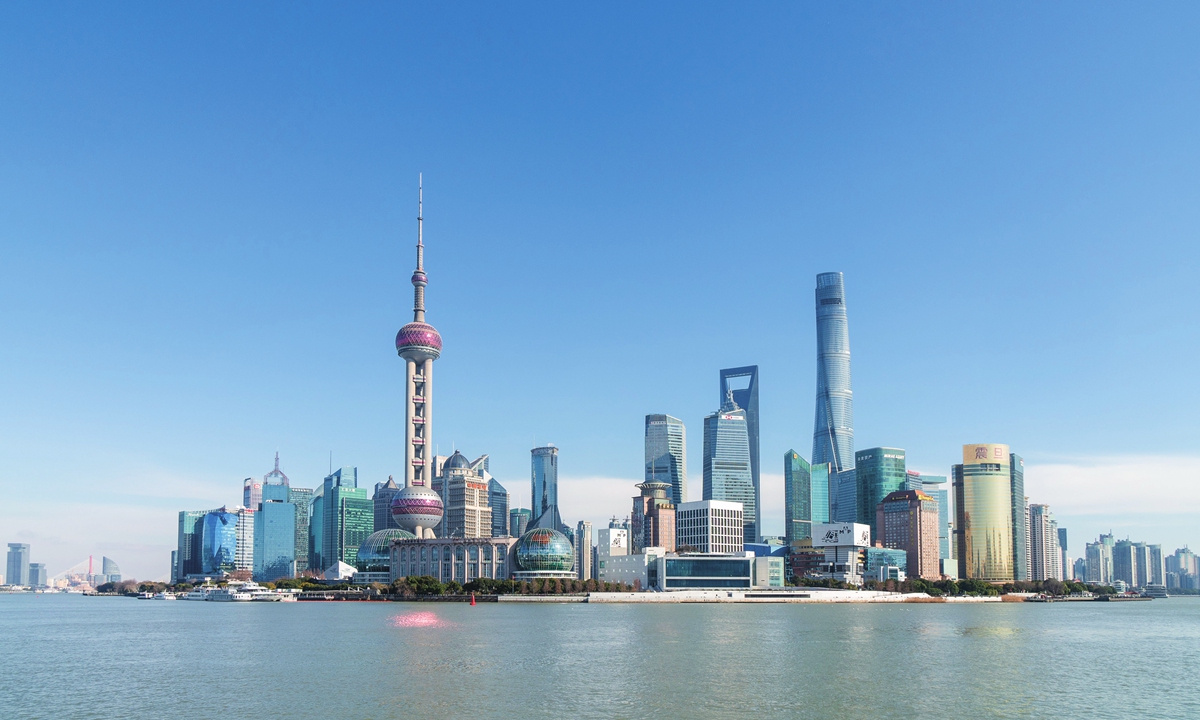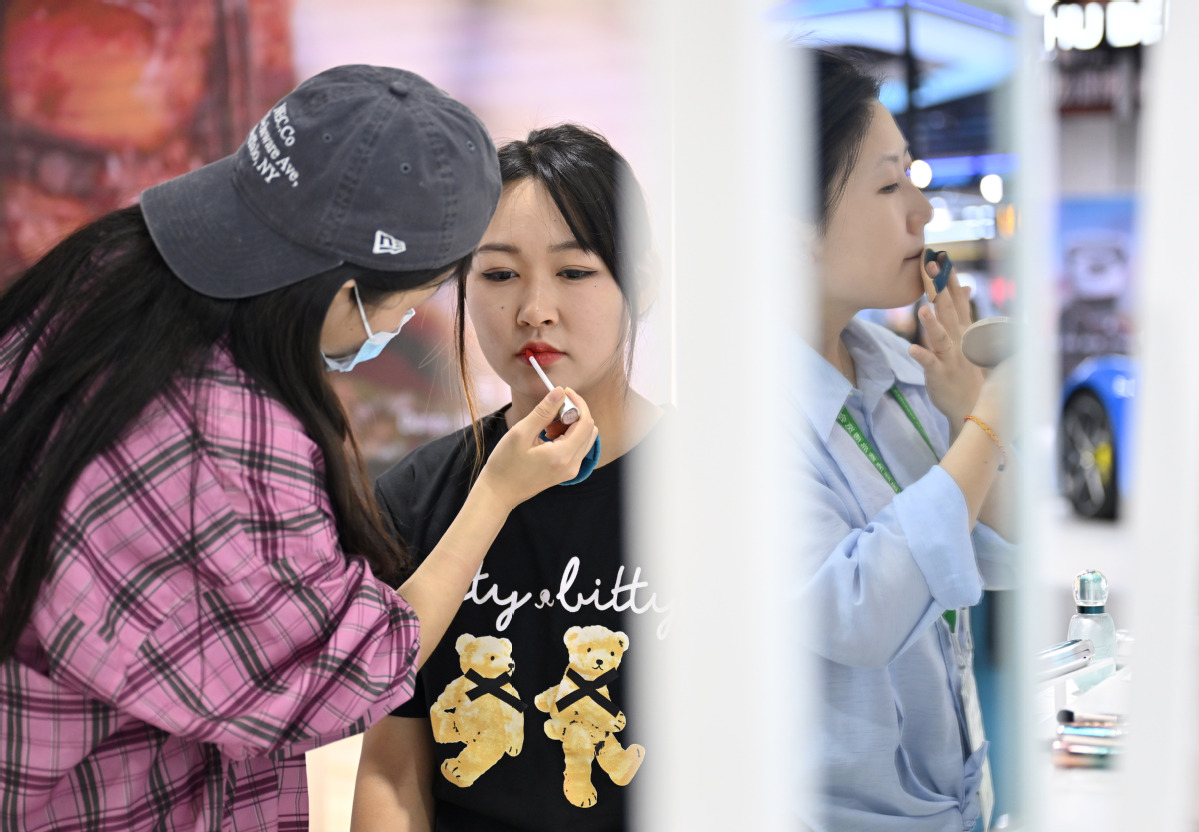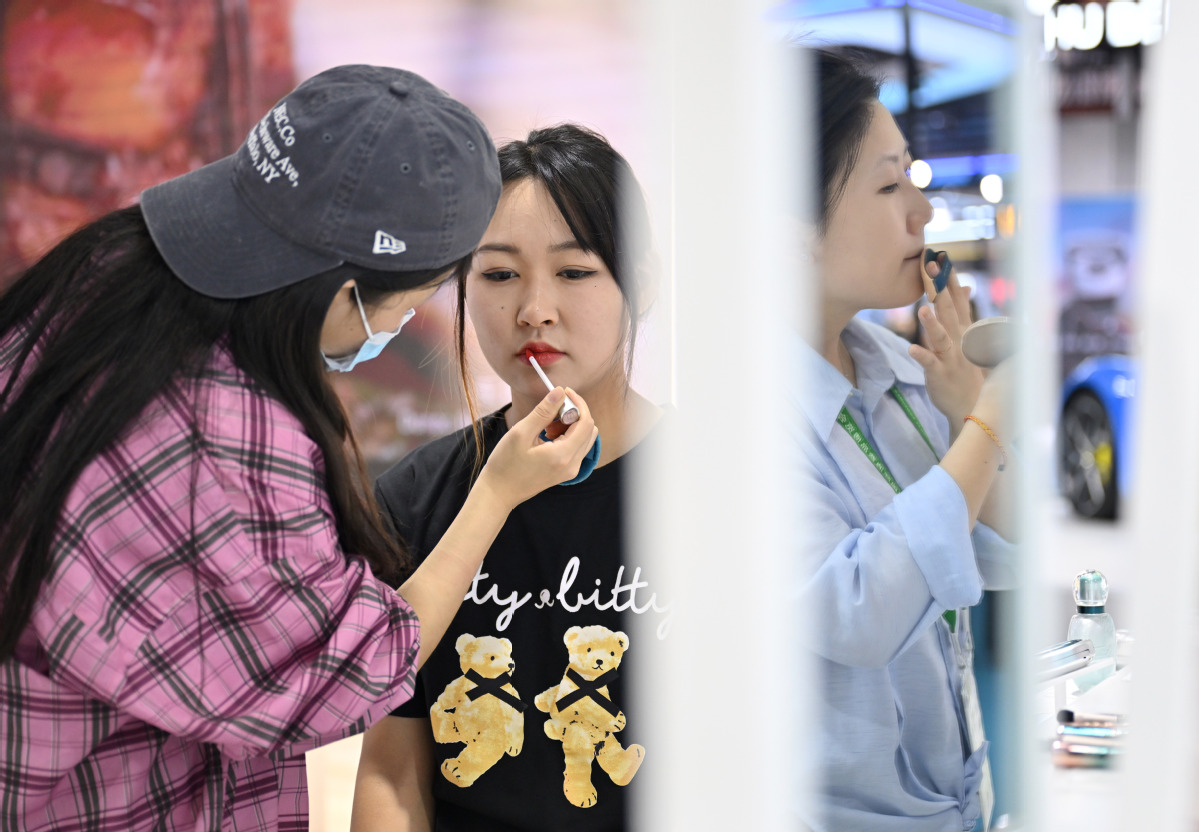
stock market Photo:VCG
Chinese Premier Li Qiang on Monday called for accelerating the construction of a secure, regulated, transparent, open, dynamic and resilient capital market, so as to support the country’s effort to build itself into a financial powerhouse and pursue Chinese modernization.
Li made the remarks while chairing a study session of the State Council, the cabinet, that focused on further deepening capital market reforms and promoting the stable and sound development of the capital market, underscoring China’s intensifying efforts to boost the stock market.
The efforts, which include a slew of measures aimed at tackling risks, tightening regulations and improving the protection of investors, have helped lift the sentiment of investors and will ensure the stable and sound development of the capital market in the long run, analysts said.
At the study session on Monday, Li stressed the importance of the capital market in the country’s economic and social development and called for continuously deepening reforms in the securities market. Specifically, Li called for accelerating the improvement of the basic institutional system of the capital market, improving key systems such as listing, trading and delisting, and promoting a virtuous cycle of investment and financing and a dynamic balance of listing and delisting.
Also, efforts will be made to improve the quality of listed companies, improve and strengthen capital market supervision and increase punishment for violations of laws and regulations, and effectively strengthen the protection of the rights and interests of small and medium-sized investors and create an open, fair and just market environment, Li said.
Promoting the stable and healthy development of the capital market is an important manifestation of economic development and governance capability, Li stressed.
The study session further underscored increasing efforts to boost China’s capital market. On April 12, the State Council released a sweeping guideline to strengthen regulation, forestall risks and promote the high-quality development of the stock market. Widely known as the State Council Nine-Point Guideline, the document, only the third of its kind, mapped out plans to boost the capital market through 2035.
Cao Heping, an economist at Peking University, said that following the release of the guideline, concrete actions are needed to implement it and the study sessions are likely focused on the progress of the implementation of the guideline.
“It is crucial to evaluate the implementation process and continue to make necessary adjustments so as to promote the sound development of the capital market,” Cao told the Global Times on Monday.
Following the release of the guideline, Chinese securities regulators and stock exchanges also issued multiple notices related to regulations in various areas such as listing applications, delisting of unqualified companies and high-frequency trading.
Also on Monday, in an article published in the People’s Daily, the Party committee of the China Securities Regulatory Commission (CSRC) vowed to take concrete measures to boost the market, so as to support the development of the new quality productive forces, better protect investors, and improve mechanisms to monitor and tackle risks.
Cong Yi, a professor at the Tianjin University of Finance and Economics, said that China has in recent months drawn a clear direction for the sound development of the country’s stock market, which focuses on tackling existing issues such as speculation and illegal activities.
“In terms of the development room of the capital market, we actually have a very huge potential,” Cong told the Global Times on Monday, pointing to China’s massive savings and the need to guide more capital to help boost the real economy.




 Visitors experience makeup products at the China International Consumer Products Expo in Haikou, capital of South China’s Hainan province, on April 15, 2024. [Photo/Xinhua]
Visitors experience makeup products at the China International Consumer Products Expo in Haikou, capital of South China’s Hainan province, on April 15, 2024. [Photo/Xinhua]